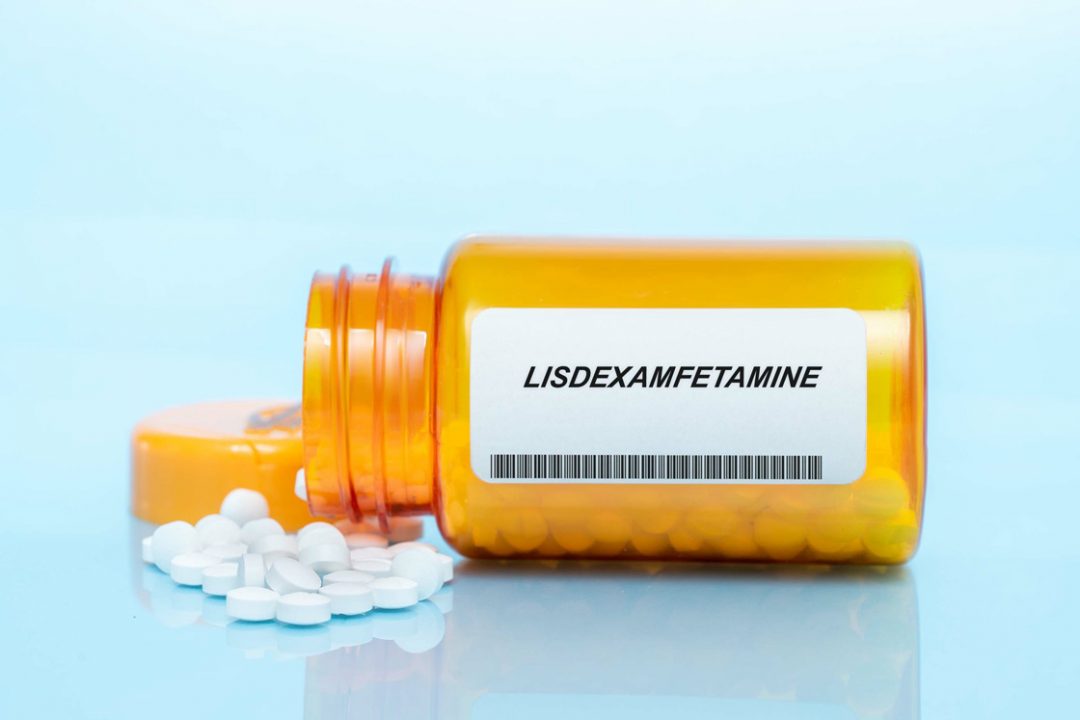ADHD medication shows promise for amphetamine addiction

Compared to other experimental therapies, treatment with the ADHD medication lisdexamfetamine resulted in the lowest risk of hospitalization and death among people with amphetamine addiction, researchers reported on Nov. 16, 2022 in JAMA Psychiatry.
”Our results suggest that lisdexamfetamine is associated with the best outcomes, and encourage the conduction of randomized controlled trials to explore this further,” said investigator Jari Tiihonen, M.D., Ph.D, professor at the Department of Clinical Neuroscience, Karolinska Institutet in Stockholm, Sweden.
As background, the authors noted that there are currently no medications approved for the treatment of amphetamine or methamphetamine dependence, and research on the subject is scant.
The purpose of this large retrospective study of nationwide (Sweden) health registry data was to investigate the association between pharmacotherapies and hospitalization and mortality outcomes in persons with amphetamine or methamphetamine use disorder.
The study was conducted from July 2006 to December 2018 with a median follow-up of 3.9 years. Data were analyzed from December 1, 2021, to May 24, 2022.
Subjects were aged 16 to 64 years living in Sweden with a first-time diagnosis of amphetamine or methamphetamine use disorder, and without previous diagnoses of schizophrenia or bipolar disorder.
The investigators analyzed the data for the association between generally used medications among persons with substance use disorder and the risks of outcomes in subjects with amphetamine or methamphetamine use disorder — hospitalization due to substance use disorder or hospitalization due to any cause, or death.
There were 13, 965 subjects in the analysis, 9,671 male, and with a mean age of 34.4 years.
During follow-up, 7,543 subjects (54.0%) took antidepressants, 6,101 (43.7%) took benzodiazepines, 5,067 (36.3%) took antipsychotics, 3,941 (28.2%) took ADHD medications (including 1,511 [10.8%] who took lisdexamphetamine), 2,856 (20.5%) took SUD/substance use disorder medications and 1,706 (12.2%) took mood stabilizers.
”Our results show that lisdexamfetamine, a medication approved for treating ADHD and in some countries also for binge eating, was the only specific medication associated with reduced risk of hospitalization and death,” said author Milja Heikkinen, M.D., researcher at the University of Eastern Finland and Niuvanniemi Hospital.
During periods of lisdexamfetamine use, and compared to periods without its use, lisdexamfetamine treatment was associated and with 18 per cent lower risk of hospitalization due to substance use disorder. Likewise, the risk of hospitalization due to any cause or death was 14 per cent lower during periods of lisdexamfetamine use, compared to periods when it was not used.
For periods of use compared to periods of non-use, benzodiazepine use was associated with a 17 per cent higher risk of hospitalization due to substance use disorder and 20 per cent higher risk of hospitalization due to any cause or death.
The authors concluded, “In this study, use of lisdexamphetamine was associated with improved outcomes in persons with amphetamine or methamphetamine use disorders, encouraging the conduct of randomized clinical trials. Prescription benzodiazepine use was associated with poor outcomes.”




